Question And Answer
Publications
Articles, publications, books, tools and multimedia features from the U.S. Institute of Peace provide the latest news, analysis, research findings, practitioner guides and reports, all related to the conflict zones and issues that are at the center of the Institute’s work to prevent and reduce violent conflict.
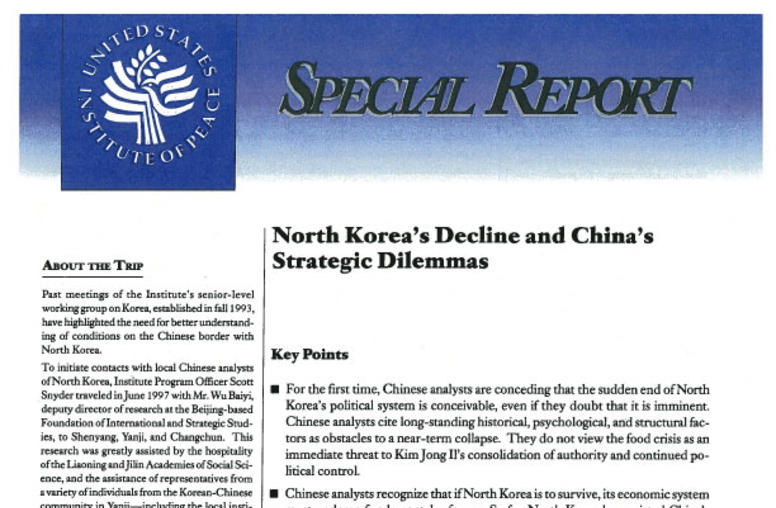
North Korea's Decline and China's Strategic Dilemmas
For the first time, Chinese analysts are conceding that the sudden end of North Korea's political system is conceivable, even if they doubt that it is imminent. Chinese analysts cite long-standing historical, psychological, and structural factors as obstacles to a near-term collapse. Chinese analysts recognize that if North Korea is to survive, its economic system must undergo fundamental reforms.
The Internet, Transnational Networking and Regional Security in South Asia
Analysts have raised the possibility of increased turbulence in the world system as the flow of information becomes democratized, as information becomes broadly available outside previously narrowly defined areas of expertise, and hence, as hierarchies tumble. Others have focused on the impact on military security of the increasingly sophisticated means available to both rival states, as well as groups that challenge states, for changing and disrupting the flows of information and the informa...
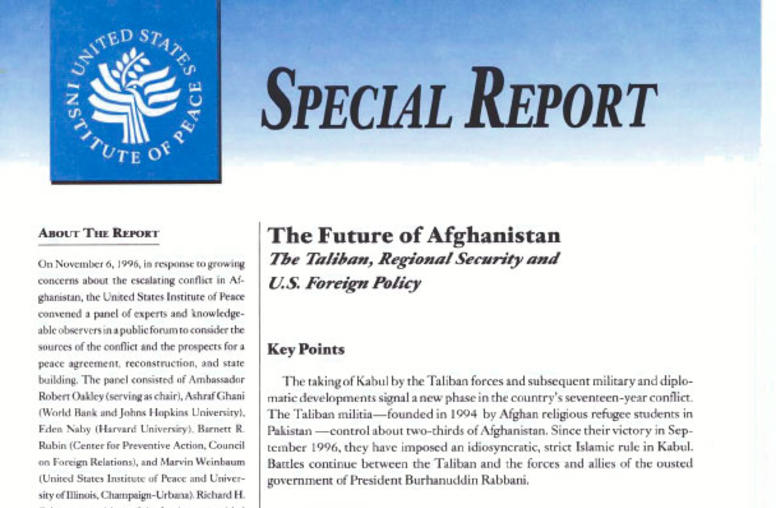
The Future of Afghanistan: The Taliban, Regional Security and U.S. Foreign Policy
In response to growing concerns about the escalating conflict in Afghanistan, the United States Institute of Peace convened a panel of experts and knowledgeable observers in a public forum to consider the sources of the conflict and the prospects for a peace agreement, reconstruction, and state building.
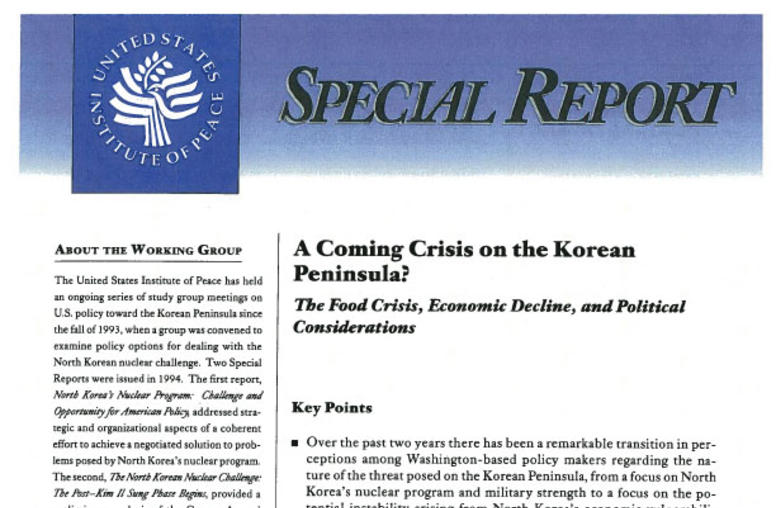
A Coming Crisis on the Korean Peninsula? The Food Crisis, Economic Decline, and Political Considerations
Over the past two years there has been a remarkable transition in perceptions among Washington-based policy makers regarding the nature of the threat posed on the Korean Peninsula, from a focus on North Korea's nuclear program and military strength to a focus on the potential instability arising from North Korea's economic vulnerabilities and political uncertainties. The major challenge for the United States is to pursue its strategic objectives in Northeast Asia by dealing with the prospect...
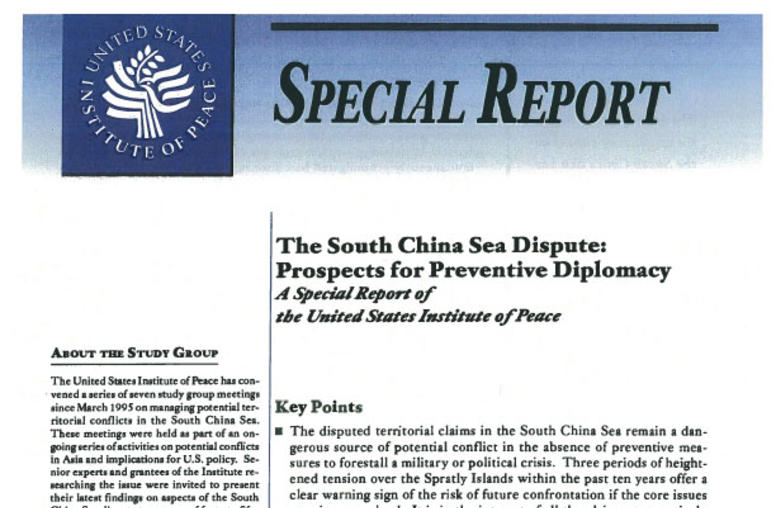
The South China Sea Dispute: Prospects for Preventive Diplomacy
The United States Institute of Peace has convened a series of seven study group meetings since March 1995 on managing potential territorial conflicts in the South China Sea. These meetings were held as part of an ongoing series of activities on potential conflicts in Asia and implications for U.S. policy. Senior experts and grantees of the Institute researching the issue were invited to present their latest findings on aspects of the South China Sea dispute to a group of forty to fifty specia...
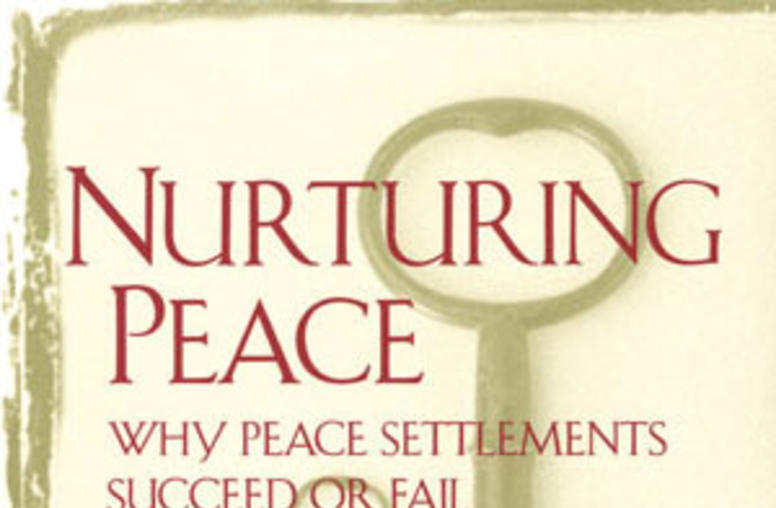
Nurturing Peace
Focusing on intrastate conflicts in which third parties have played prominent roles, Hampson argues that durable settlements depend on sustained third-party engagement not only during the negotiation phase but throughout the implementation process.
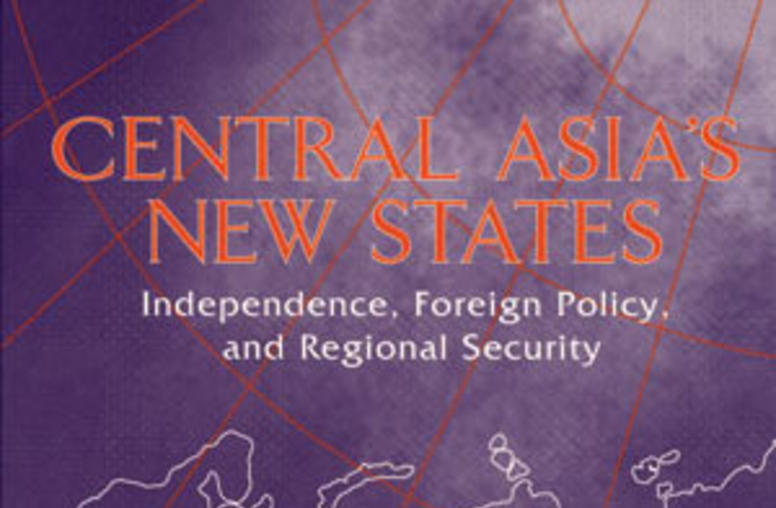
Central Asia's New States
Independence, Foreign Policy, and Regional Security
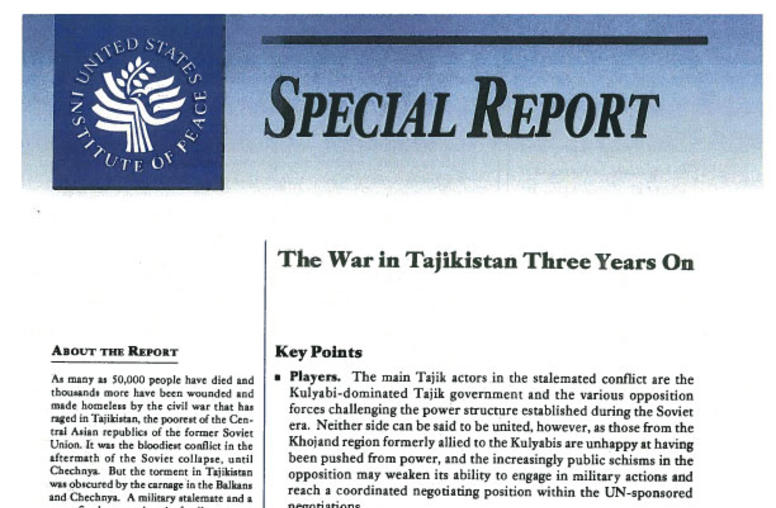
The War in Tajikistan Three Years On
As many as 50,000 people have died and thousands more have been wounded and made homeless by the civil war that has raged in Tajikistan, the poorest of the Central Asian republics of the former Soviet Union. On June 6, 1995 the United States Institute of Peace organized a forum on the Tajikistan conflict to explore prospects for negotiations and an end to the war. It included Ambassador Stanley T. Escudero, who had recently completed three years as the chief U.S. representative in the Tajik ...
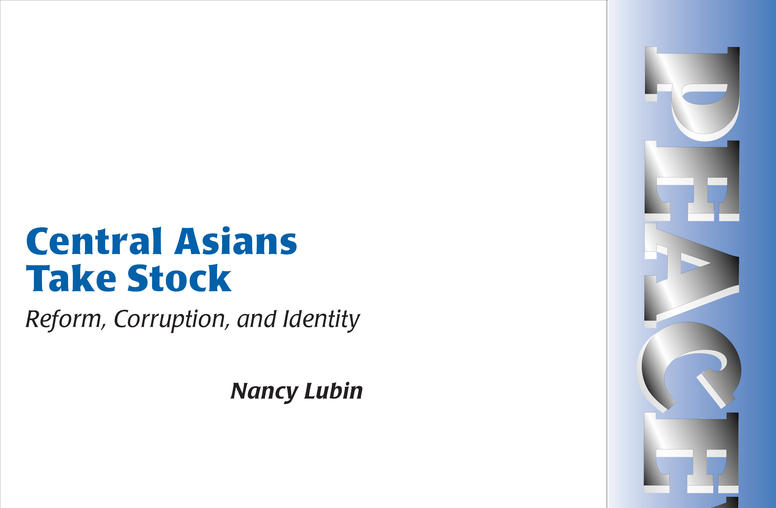
Central Asians Take Stock: Reform, Corruption, and Identity
The United States is interested in encouraging the development of stable, democratic systems, and market economies in new countries such as Uzbekistan, Kazakhstan, and Turkmenistan, and to minimize the social, ethnic, religious and other sources of conflict that could destabilize the region further. But increasingly, effectiveness in these efforts will depend as much on the views from below as from policies promulgated from above.
Commissions of Inquiry: Sri Lanka
Commissions of Inquiry: Commissions of Inquiry into the Involuntary Removal or Disappearance of Persons Duration: 1995 – 2000 Charter: Presidential Proclamations Commissioners: 3 for each commission (in total 11 commissioners) Report: Public reports